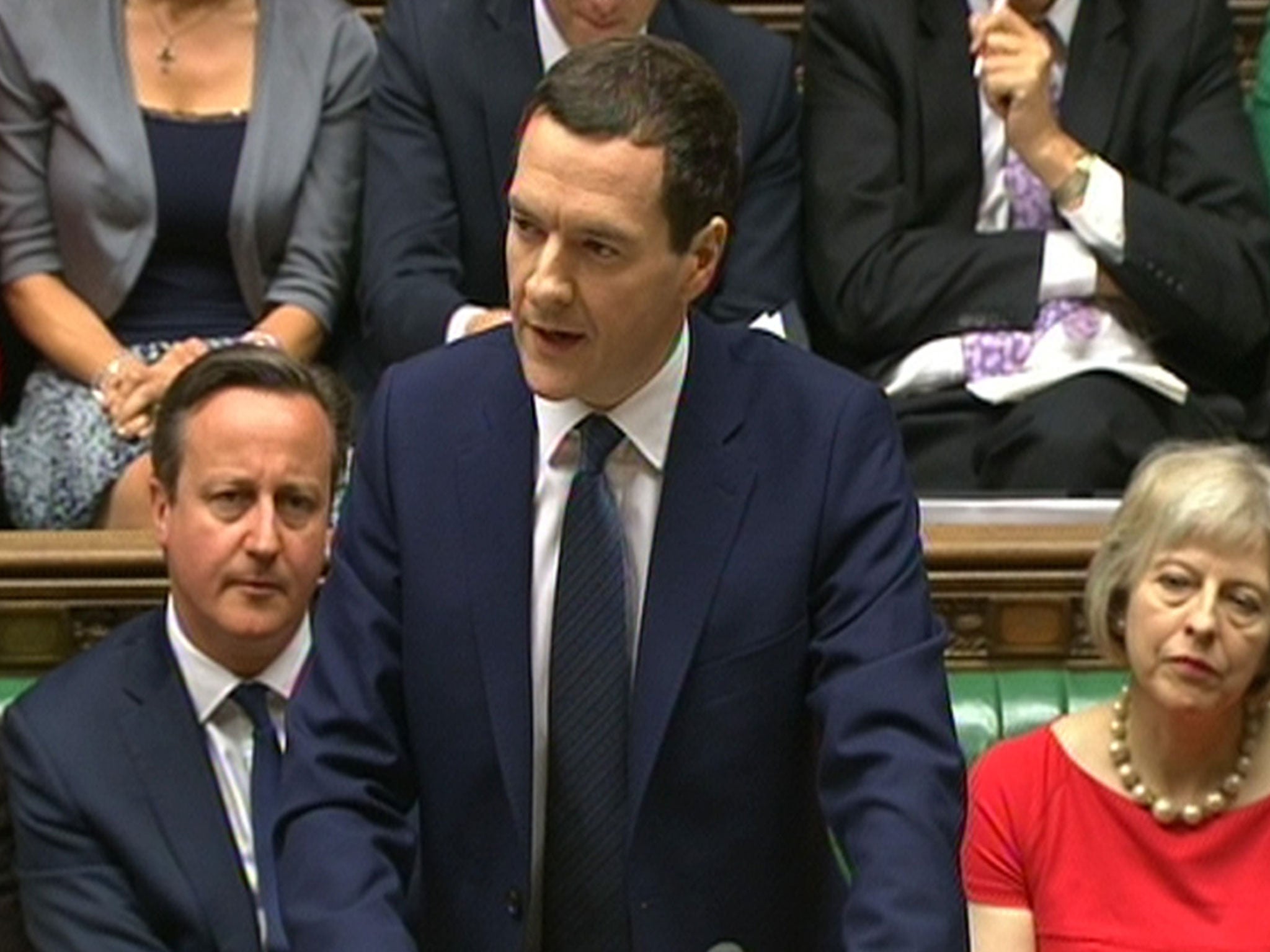Budget 2015: 'Pay to stay' will bring about the death of social housing
The evidence is growing that housing associations are beginning to exclude the very people they were set up to house in the first place

Your support helps us to tell the story
From reproductive rights to climate change to Big Tech, The Independent is on the ground when the story is developing. Whether it's investigating the financials of Elon Musk's pro-Trump PAC or producing our latest documentary, 'The A Word', which shines a light on the American women fighting for reproductive rights, we know how important it is to parse out the facts from the messaging.
At such a critical moment in US history, we need reporters on the ground. Your donation allows us to keep sending journalists to speak to both sides of the story.
The Independent is trusted by Americans across the entire political spectrum. And unlike many other quality news outlets, we choose not to lock Americans out of our reporting and analysis with paywalls. We believe quality journalism should be available to everyone, paid for by those who can afford it.
Your support makes all the difference.The budget announcement of a “pay to stay” scheme for tenants in social housing, forcing anyone earning just £30,000 to pay a higher rent to stay in their home (or £40,000 in London), is yet another in a long list of Tory proposals that do nothing to ease the housing crisis and will eventually bring about the death of social housing.
The justification for this dangerous policy is that social tenants benefit from a subsidised rent. That conclusion is wrong: social housing does benefit from an initial government grant, but the value of that housing grows over the years making a financial return which more than pays for itself. The major profits of most housing organisations come directly from the social housing they own.
On its own the proposal is frankly irrelevant – it applies only to a handful of tenants and it will be difficult to enforce. Social landlords don’t usually keep information on their tenants’ income and they have not yet managed to implement the government’s previous policy which set the maximum income for social tenants at the much more generous £60,000.
It is only when it is considered with all the other recent government policies on housing that it can be seen as another nail in the coffin of social renting. It prevents the creation of mixed income communities which was part of Nye Bevan's original vision for social housing in 1945. It links rent to income, which will almost certainly reduce the number of social homes as rents continue to rise with wages. And by converting social tenants onto market rent rates it by implication reduces the amount of social housing we have.
Cuts to housing benefits and the overall benefit cap will mean that more poor people will be excluded from social housing altogether. The evidence is growing that housing associations are beginning to exclude the very people they were set up to house in the first place. The extension of the right to buy to tenants of housing associations will reduce further social housing numbers.
I believe that “pay to stay” is part of a concerted government plan to at best residualise social housing and at worse kill it off altogether. It is policy based on political doctrine not financial or social necessity.
A recent report by the campaign group SHOUT found that there is an economic alternative to current housing policy. It makes an unanswerable case for investing in social rent housing as a real solution to the housing crisis. The report concludes that it is short sighted playing of politics not to make this urgent investment.
The long term consequences of the government’s myopia will be disastrous for the many who will continue to depend upon social housing to provide them with a decent home at a price they can really afford.
Tom Murtha is a former housing association chief executive and founder of the housing campaign group SHOUT
Join our commenting forum
Join thought-provoking conversations, follow other Independent readers and see their replies
Comments